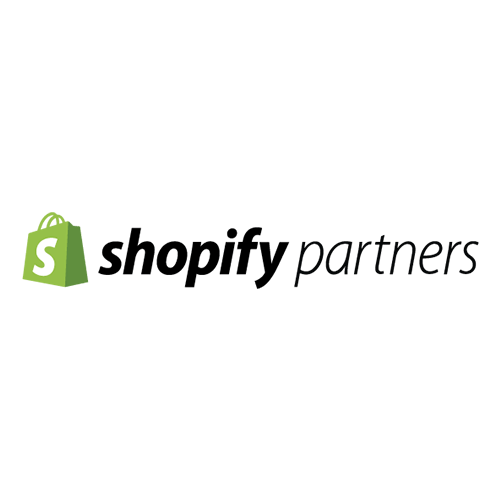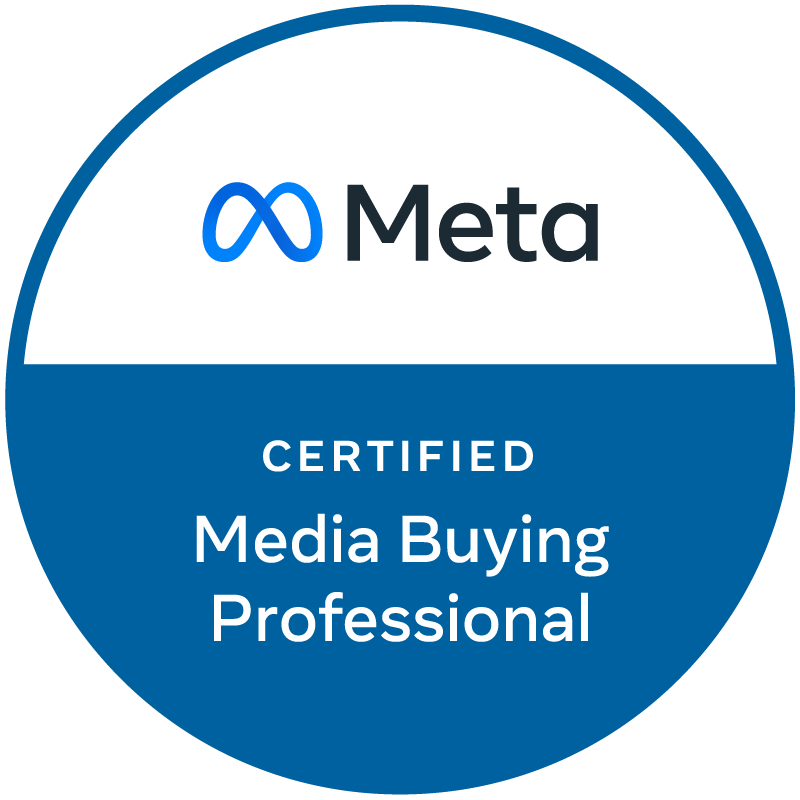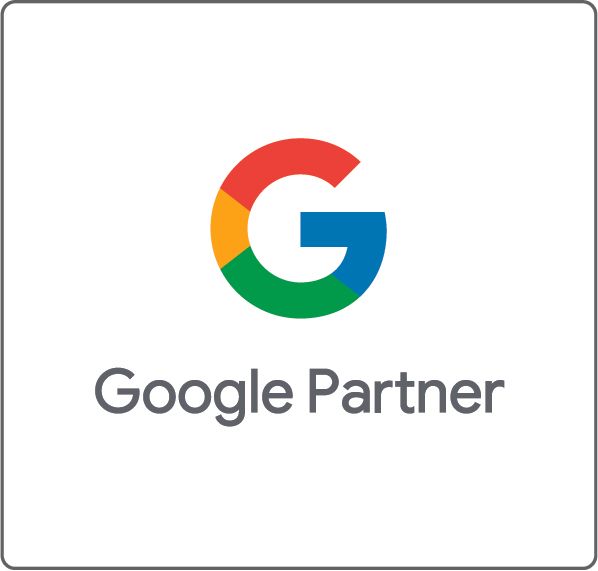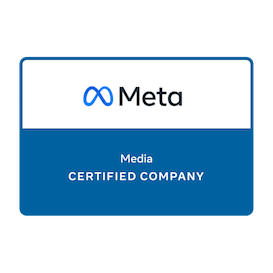How Digital Platforms are Helping Small Business Respond to COVID-19
In an effort to help small businesses navigate how to respond to the COVID-19 pandemic, digital marketing platforms are creating resource hubs, grants, and more! Learn what some of the major platforms are doing to help below.
Smaller businesses have been hit particularly hard in the wake of lockdowns and stay-at-home orders and as a result, Google is adjusting their Shopping Search algorithm to help businesses that are typically less discoverable. Previously, Google Shopping results pages were dictated by businesses that had paid for ad auctions, making it difficult for smaller businesses to get much exposure. Now, Google will be making products that are listed for free more discoverable. The change is expected to go into effect in the U.S by the end of April and globally by the end of 2020.
Additionally, Google is offering businesses a plethora of tools and resources on how to manage their COVID-19 response. The page encourages businesses to communicate with consumers about the measures being taken, adjust advertising strategies, continue to respond to changing consumer behaviors, and work remotely if possible. To help with working remotely, Google has extended Google Meet’s advanced features to all GSuite enterprise users to help facilitate larger meetings while social distancing.
Google is also providing free digital training so that individuals out of work or with extra down time can learn or brush up on some skills. The resource page includes guidelines provided by the World Health Organization as well as the Centers for Disease Control that pertain to the details of the virus itself.
Not only has Google made it easier to find tools and resources on how to respond, but they have also committed over $800 million to assist small businesses financially. This includes ad credits for small and medium sized businesses starting in May. These ad credits will be added directly to accounts that qualify.
Facebook has also contributed to relief efforts to support businesses impacted by COVID-19 by introducing a $100 million grant program . The program will assist qualifying small businesses through cash grants and ad credits to help overcome challenges that have come as a result of lockdowns and closures, such as rent payments and other operational costs. Additionally, similar to Google, Facebook is offering free tools and training courses as well as recommendations on steps that businesses can take to navigate this unprecedented situation. Facebook encourages businesses to stay up to date on safety precautions, keep in touch with customers, bring the business online, prepare a customer service plan, and provide consumers with a list of FAQs. Find out more about Facebook’s response at their Business Resource Hub .
Instagram has added additional features to the popular social platform to help small businesses. Consumers can now purchase gift cards from a business’ profile and place orders through Instagram Story stickers. Additionally, fundraisers can be linked from a Facebook page to help encourage customers to support the business. Retailers can leverage these new features as a way to generate revenue to help mitigate the impact of closures. Instagram has also created a resource directory to offer additional guidance on how the platform can be used to manage this uncertain time. Read more about Instagram’s latest updates .
Constant Contact
Constant Contact has also rolled out recommendations for steps that businesses can take in response to COVID-19 impacts. The email platform has created COVID-19 response templates that businesses can send to their customers to communicate what the measures are being taken. Constant Contact is also encouraging applying for relief funding through Kabbage, an organization that is accepting loan applications . Additionally, they have developed a Small Business Support Kit that includes numerous resources on how to manage impacts and receive guidance. Read more about Constant Contact’s support resources .
If your small business needs help navigating digital marketing during the COVID-19 pandemic, the SparkShoppe team is here to help, contact us today.


Address
4 Corporate Drive,
Clifton Park, NY 12065
Shopper and Marketing Insights to Your Inbox!
Sign up with your email address to receive updates and insights from the SparkShoppe team!
Newsletter footer
We will get back to you as soon as possible.
Please try again later.
We support your right to privacy and therefore will not disclose your personal data to other organizations, third party vendors, suppliers or marketers.
© 2024 All Rights Reserved | Privacy Policy | Accessibility Statement
















